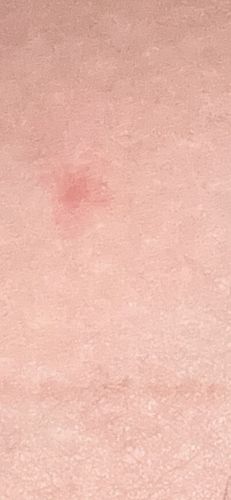Mosquito (Mosquito Bite)
Scientific Name: Various genera within Culicidae (e.g., Anopheles, Aedes, Culex)
Order & Family: Order: Diptera, Family: Culicidae
Size: 3 mm to 9 mm (adult body length without legs)

Natural Habitat
Mosquitoes are found globally in various habitats where standing water is available for breeding, including swamps, marshes, puddles, containers, and even small collections of water.
Diet & Feeding
Adult female mosquitoes feed on blood, which is necessary for egg development. Both male and female mosquitoes feed on nectar, plant sap, and honeydew.
Behavior Patterns
Mosquitoes are most active during dawn and dusk but can bite at any time. Females lay eggs in standing water. Males feed on nectar. The adult lifespan varies from a few days to several weeks depending on species and environmental factors.
Risks & Benefits
Risks: Mosquitoes are significant vectors of diseases such as malaria, dengue fever, Zika virus, West Nile virus, chikungunya, and yellow fever. Their bites also cause itchy welts. Benefits: In their larval stages, they are a food source for aquatic animals; adult mosquitoes can act as pollinators to some extent when feeding on nectar.
Identified on: 9/4/2025